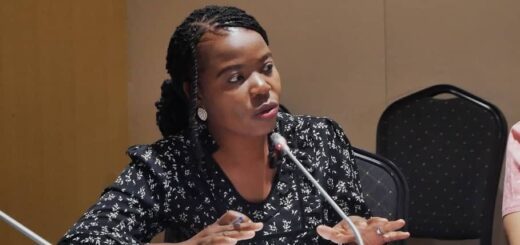K4.4 Million Libala Water Works Network Extension Project 80% Complete
Lusaka Water and Sanitation Company (LWSC) says the K4.4 million Libala Water Works Network Extension project has reached 80 percent completion level.
Company Public Relations Manager, Ruth Mulenga Mukuwa said the project, which involves the construction of a 4-kilometer water supply services, commenced in November 2023 and is scheduled for completion by December 2024.
Ms. Mulenga states that the project, is fully funded by the utility company and it
is aimed at improving water supply services in the Libala Zone.
“The initiative seeks to enhance water supply in the Libala Water Works area, with approximately 1,440 residents set to benefit from improved water access upon completion.”
“As of 30th September 2024, the project achieved 80% completion, having met key milestones such as mobilization, excavations, and the laying and jointing of pipes. The next phase will involve energizing the network and installing household connections once the necessary fittings are installed,” Ms. Mulenga stated.
She added that the remaining works will include individual household connections, which will begin once the water network is fully energized with water.
“After the network is operational and tested, residents of Libala will be able to access water right at their doorstep, enhancing the quality of life for approximately 1,440 people in the area.”
“We assure the residents of Libala and the surrounding areas that LWSC is working tirelessly to expand our coverage and improve water accessibility across the city. Our goal is to ensure that as many people as possible are connected to our network, enabling them to benefit from high-quality water supply,” she added.
Ms. Mulenga further said the project is part of a broader, ambitious programme to connect more households to clean, safe and reliable water services.
“The Libala Water Works Network Extension Project is on track for completion by December 2024.”
“The company remains dedicated to improving water infrastructure and supply in both established and underserved communities,” Ms. Mulenga said.








